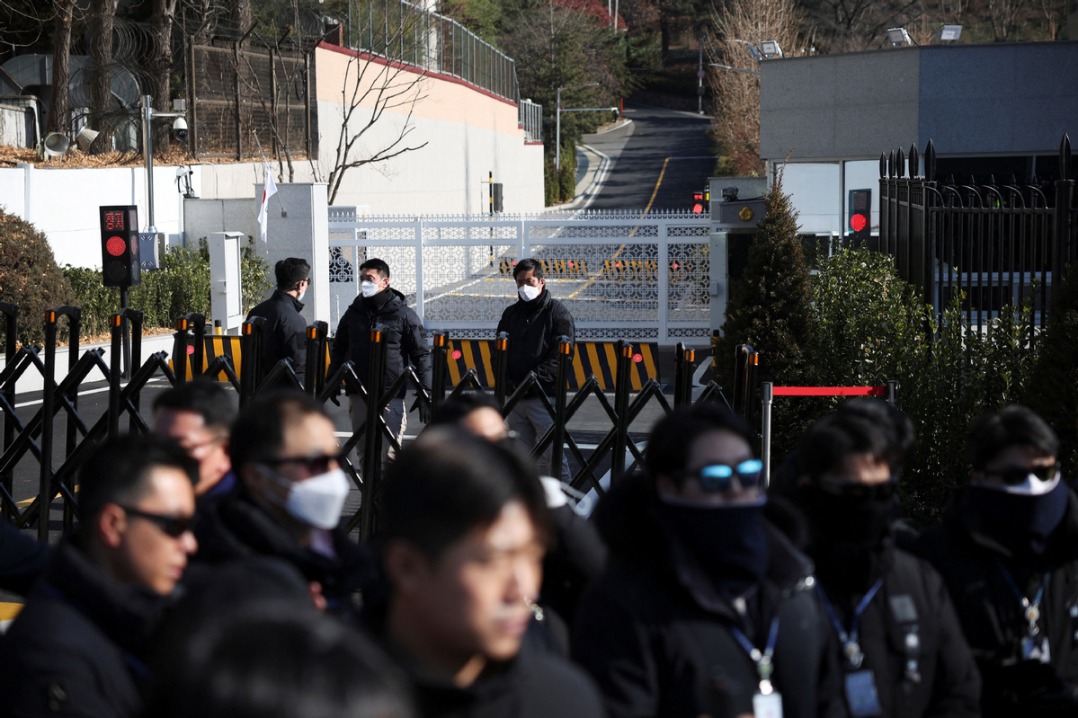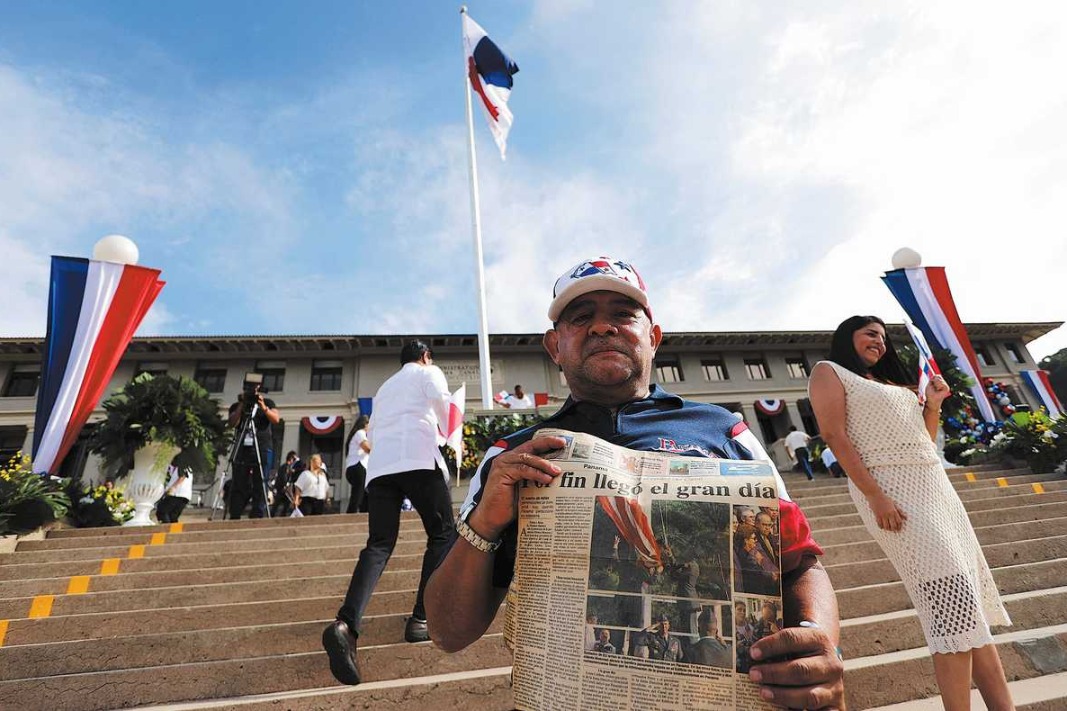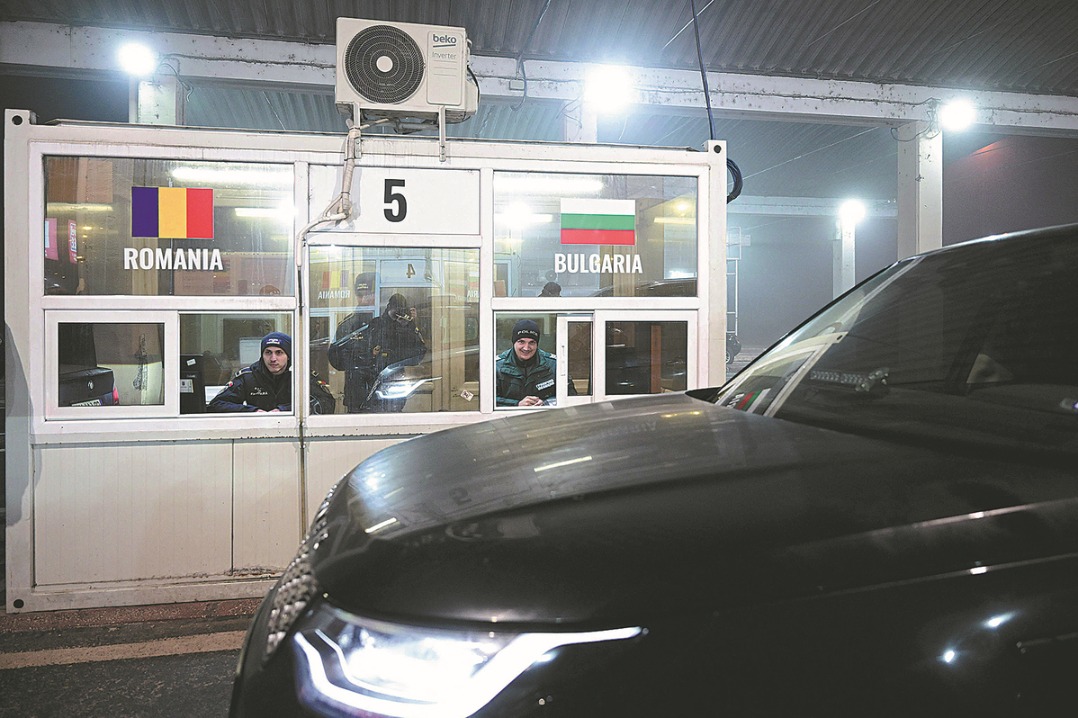No-deal Brexit bad for Ireland, Britain: Irish deputy PM

LONDON - The first meeting for 11 years of the British and Irish intergovernmental conference was held at the Cabinet Office in London Wednesday.
Ireland's Tanaiste (deputy prime minister), the foreign affairs trade minister Simon Coveney, said later a no-deal Brexit would be bad for both Ireland and Britain.
Coveney added: "I do not think that is a likely scenario and if it were to happen, it would be a failing of politics on a very significant scale."
The meeting was held against a background of the collapse of devolved government in Northern Ireland following a major fall-out between the main party, the Democratic Unionist Party (DUP) and the second biggest party, the pro-republican Sinn Fein.
Under the agreement which ended three decades of troubles in Northern Ireland, the Stormont assembly was established in the basis of the two major parties, the DUP and Sinn Fein, taking the major leadership roles.
So far attempts to broker a solution between the two sides have failed, leaving Northern Ireland to be run by civil servants.
The last meeting of the conference, which took place in the Irish Republic, was held in 2007, just before the DUP and Sinn Fein agreed to a power-sharing arrangement at Stormont, seat of devolved power in Northern Ireland.
Taking part in today's conference was the British government's Northern Ireland Secretary Karen Bradley, Cabinet Office Minister and prime minister Theresa May's de-facto deputy David Lidington, Coveney and the Irish Justice Minister Charlie Flanagan.
The agenda included legacy issues, security cooperation, political instability in Northern Ireland and east-west co-operation post Brexit.
After the meeting Coveney said: "It is very clear that we do not deal with devolved decision making. This is about protecting the institutions of the Good Friday Agreement because there's been an absence of government in Northern Ireland for 19 months now and that's impacting communities in Northern Ireland in negative way."
Britain and the Irish Republic joined the European Union on the same day in 1973, meaning there have been no border issues. But that will change when Britain's membership of the bloc ends, but both sides are striving for a frictionless border between the republic and Northern Ireland.
Coveney added: "British ministers and Irish ministers simply won't be meeting in the future in the same way and as frequently as we have done for more than four decades now, and so we have instructed senior officials to come up with definitive proposals on how an Irish government and British government in the future can have structured and interactive dialogue at cabinet level in the same way that France and Germany have, for example. This sends a very clear signal that Britain and Ireland are going to remain very close, regardless of the challenges we face."
A spokesperson at the Cabinet Office said later: "The conference considered the strength of the bilateral relationship between the United Kingdom and Ireland and welcomed the high levels of bilateral cooperation across a range of important policy areas."
"The conference agreed that this level of bilateral co-operation needed to be maintained and, where possible, strengthened following the departure of the UK from the European Union."
The official communique added that officials were asked to take forward work with a view to coming forward with proposals for future east-west cooperation, including at cabinet and ministerial level, for consideration by the Irish and UK Governments at a future meeting of the conference.
- UK PM May says she will lead Brexit talks from now on
- Fate of over 4 million British, European settlers still unclear, warn MPs
- British PM says no hard border with Irish Republic under Brexit plan
- UK to refuse Brexit bill without trade deal: report
- Theresa May's customs bill survives stormy waters as minister quits

































